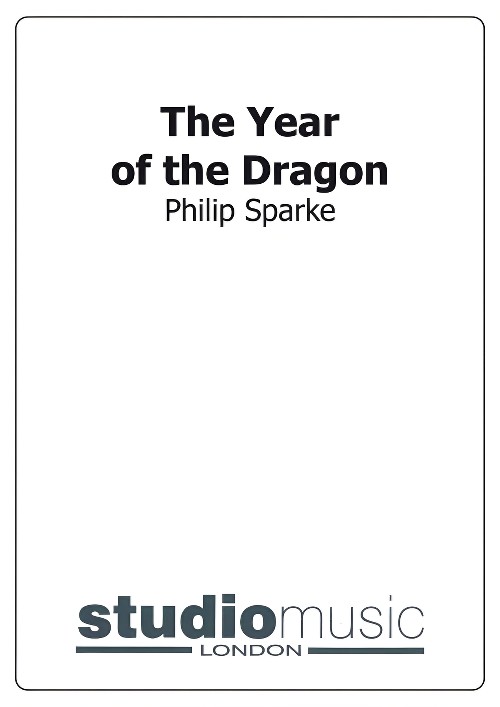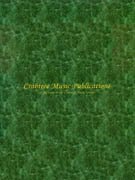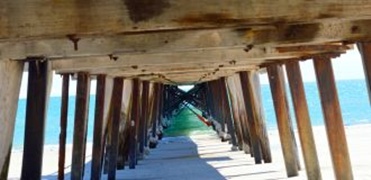Results
-
 £74.95
£74.95The Year of the Dragon (Brass Band - Score and Parts) - Sparke, Philip
Butlins 2018 Champsionship Section.Recorded on Polyphonic QPRL051D EUROPEAN BRASS BAND CHAMPIONSHIPS 1992.Movement 2 Recorded on Polyphonic QPRL227D SHOUT! (Brett Baker - Trombone & the PolySteel Band)
Estimated dispatch 7-14 working days
-
 £37.95
£37.95The Year of the Dragon (Brass Band - Score only) - Sparke, Philip
Butlins 2018 Champsionship Section.Recorded on Polyphonic QPRL051D EUROPEAN BRASS BAND CHAMPIONSHIPS 1992.Movement 2 Recorded on Polyphonic QPRL227D SHOUT! (Brett Baker - Trombone & the PolySteel Band)
Estimated dispatch 7-14 working days
-
 £69.99
£69.99THOUSAND AND ONE NIGHTS, The (Brass Band) - Rimsky-Korsakov, Nikolai - Harper, Philip
based on Scheherezade. Duration: 8:00 Grade: Advanced
Estimated dispatch 7-14 working days
-
 £82.95
£82.95THREE MINIATURES (Brass Band - Score and Parts) - Sparke, Philip
The three movements are Prelude, Hill Song and Scherzo. Duratio: 14:26 Recorded on Polyphonic QPRL232D Sea Pictures. 2011 Butlins 3rd Section
Estimated dispatch 7-14 working days
-
 £37.95
£37.95THREE MINIATURES (Brass Band - Score only) - Sparke, Philip
The three movements are Prelude, Hill Song and Scherzo. Duratio: 14:26 Recorded on Polyphonic QPRL232D Sea Pictures. 2011 Butlins 3rd Section
Estimated dispatch 7-14 working days
-
 £42.95
£42.95TIME TO SAY GOODBYE (Brass Band) - Sparke, Philip
Estimated dispatch 7-14 working days
-
 £37.95
£37.95TOCCATA from Organ Symphony No.5 (Brass Band) - Widor, Charles-Marie - Sparke, Philip
Recorded on Polyphonic QPRL056D National Brass Band Championships of Great Britain and Gala Concert - 1992, Polyphonic QPRL040D Pageantry
Estimated dispatch 7-14 working days
-
 £49.95
£49.95TWO-PART INVENTION (2 Euphoniums/Brass Band) - Sparke, Philip
for Bob and Nick Childs. Duration 5:30. Euphonium Duet & Piano Accompaniment and Euphonium Duet & Concert Band editions also available.
Estimated dispatch 7-14 working days
-
 £35.00
£35.00UNDER THE BOARDWALK (Flugel Horn/Brass Band) - Harper, Philip
Arranged as a flugel horn solo and played by?Cory Band?as part of its 2015 Brass in Concert winning programme, this piece is as simple as it gets. Playable by all levels of band. Grade: 4th section +. Duration: 3:00
Estimated dispatch 7-14 working days
-
 £50.90
£50.90WASHINGTON POST, The (Brass Band) - Sousa, John Philip - Wilkinson, Keith M.
Grade: medium
Estimated dispatch 7-14 working days
